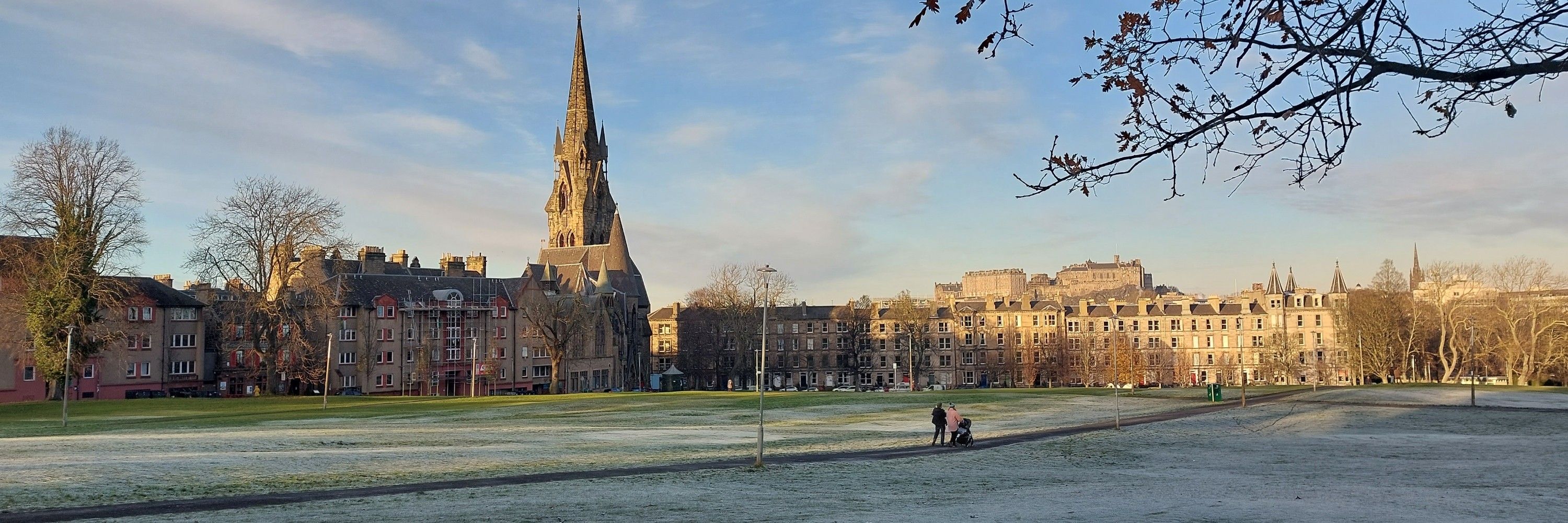
Co-director of @ccc-research.bsky.social
Lead editor of @regfedst.bsky.social
Chair of @ecprfederalism.bsky.social
Views are my own.
Seeing devolution as delivering local benefits is strongly associated with:
✔️ in Scotland, greater support for devolved incumbents
✔️ in Scotland & Wales, stronger backing for further devolved powers
✔️ in Scotland, higher support for independence



Seeing devolution as delivering local benefits is strongly associated with:
✔️ in Scotland, greater support for devolved incumbents
✔️ in Scotland & Wales, stronger backing for further devolved powers
✔️ in Scotland, higher support for independence
In Scotland: an urban–rural divide 🌆🌾
Residents in rural areas are much less likely to feel local benefits.
In Wales: a centre–periphery gap 🏙️↔️🏞️
Perceptions of benefit are concentrated around Cardiff.



In Scotland: an urban–rural divide 🌆🌾
Residents in rural areas are much less likely to feel local benefits.
In Wales: a centre–periphery gap 🏙️↔️🏞️
Perceptions of benefit are concentrated around Cardiff.
But where, within devolved nations, are the benefits of devolved power actually felt?
This article uses new survey data to explore these internal territorial divides.

But where, within devolved nations, are the benefits of devolved power actually felt?
This article uses new survey data to explore these internal territorial divides.
“Uneven benefits? Territorial divides in perceptions of devolution in Scotland and Wales" in @rsa-tpg.bsky.social
➡️ Where within devolved nations are the benefits of devolved power actually felt? With what political implications?
📄 Open access 🔗:
doi.org/10.1080/2162...
thread 🧵👇

“Uneven benefits? Territorial divides in perceptions of devolution in Scotland and Wales" in @rsa-tpg.bsky.social
➡️ Where within devolved nations are the benefits of devolved power actually felt? With what political implications?
📄 Open access 🔗:
doi.org/10.1080/2162...
thread 🧵👇

The relatively richer the region, the weaker the association between national and regional volatility.
👉 Clear for TV (total volatility) & RTV (national parties).
❌ For RSV (regional parties), the link is weak and mostly insignificant.

The relatively richer the region, the weaker the association between national and regional volatility.
👉 Clear for TV (total volatility) & RTV (national parties).
❌ For RSV (regional parties), the link is weak and mostly insignificant.
Where regions have high authority (RAI index), elections are more insulated from national turbulence.
👉 This mainly applies to TV (total volatility) and RTV (national parties).
❌ RSV (regional parties) follows a different, regional logic.

Where regions have high authority (RAI index), elections are more insulated from national turbulence.
👉 This mainly applies to TV (total volatility) and RTV (national parties).
❌ RSV (regional parties) follows a different, regional logic.
The stronger their vote share, the weaker the association between national and regional volatility.
👉 Especially for TV (total volatility) & RTV (national parties).
❌ For RSV, there’s little change - it already follows its own regional logic.

The stronger their vote share, the weaker the association between national and regional volatility.
👉 Especially for TV (total volatility) & RTV (national parties).
❌ For RSV, there’s little change - it already follows its own regional logic.
✅ RTV volatility (national parties) aligned with GE volatility
❌ RSV volatility (regional parties) follows regional dynamics
➕ Same when looking at regeneration: RTV mirrors national shocks, RSV stays local

✅ RTV volatility (national parties) aligned with GE volatility
❌ RSV volatility (regional parties) follows regional dynamics
➕ Same when looking at regeneration: RTV mirrors national shocks, RSV stays local
Framework describes territorial (region-transcending vs region-specific) and functional (alteration vs regeneration) dimensions of volatility. Main focus on territorial dimension, intersecting with functional.

Framework describes territorial (region-transcending vs region-specific) and functional (alteration vs regeneration) dimensions of volatility. Main focus on territorial dimension, intersecting with functional.
📄 From nations to regions: electoral volatility in European multi-level politics
Open access👉 doi.org/10.1080/01402382.2025.2557768
National politics in Europe is growing more electorally unstable - does this volatility also reach the regions? Thread 🧵

📄 From nations to regions: electoral volatility in European multi-level politics
Open access👉 doi.org/10.1080/01402382.2025.2557768
National politics in Europe is growing more electorally unstable - does this volatility also reach the regions? Thread 🧵

Looking forward to catching up with friends & colleagues, and diving into the 12 panels of our section endorsed by @ecprfederalism.bsky.social.
👉 Come find us!
Also happy to chat about potential contributions to @regfedst.bsky.social !

Looking forward to catching up with friends & colleagues, and diving into the 12 panels of our section endorsed by @ecprfederalism.bsky.social.
👉 Come find us!
Also happy to chat about potential contributions to @regfedst.bsky.social !
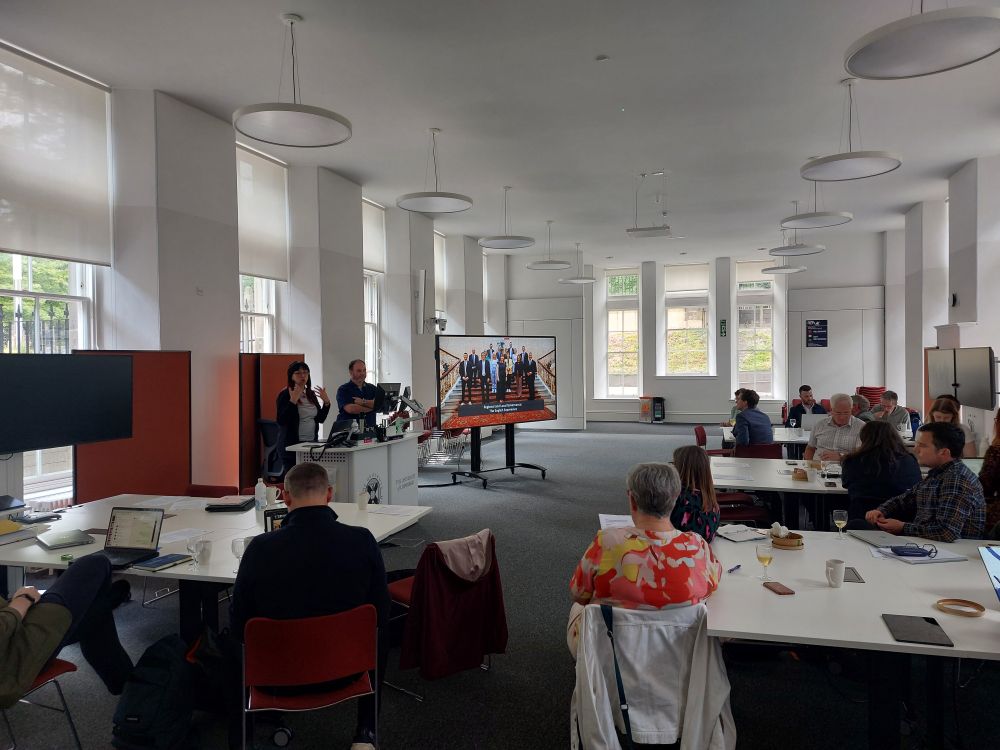
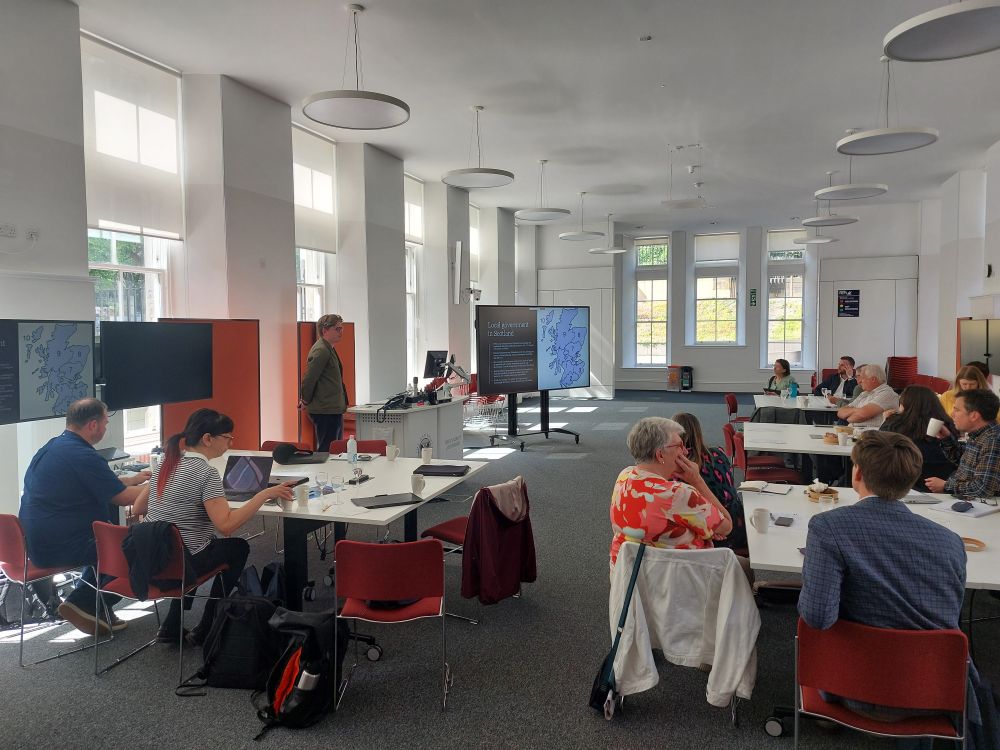
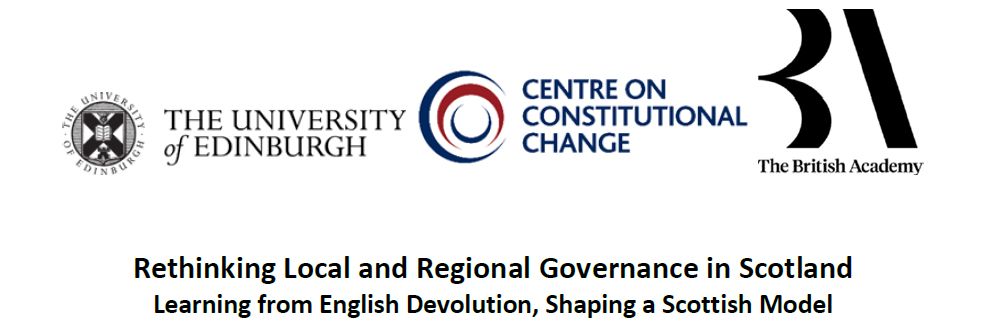
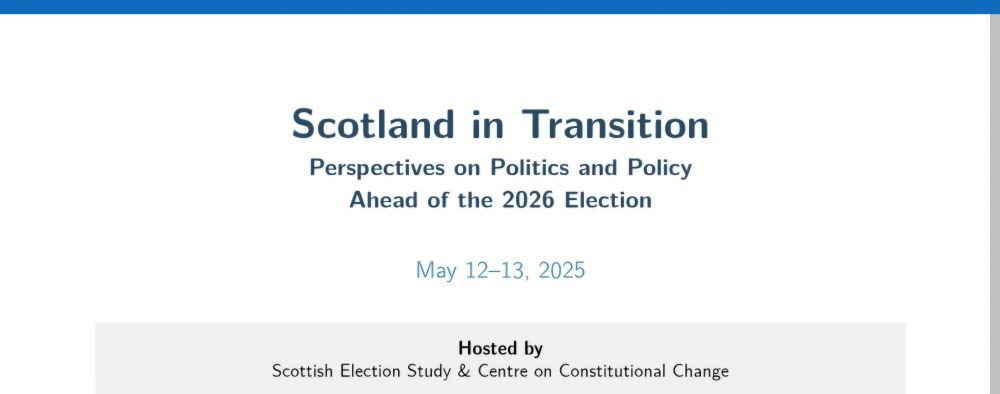
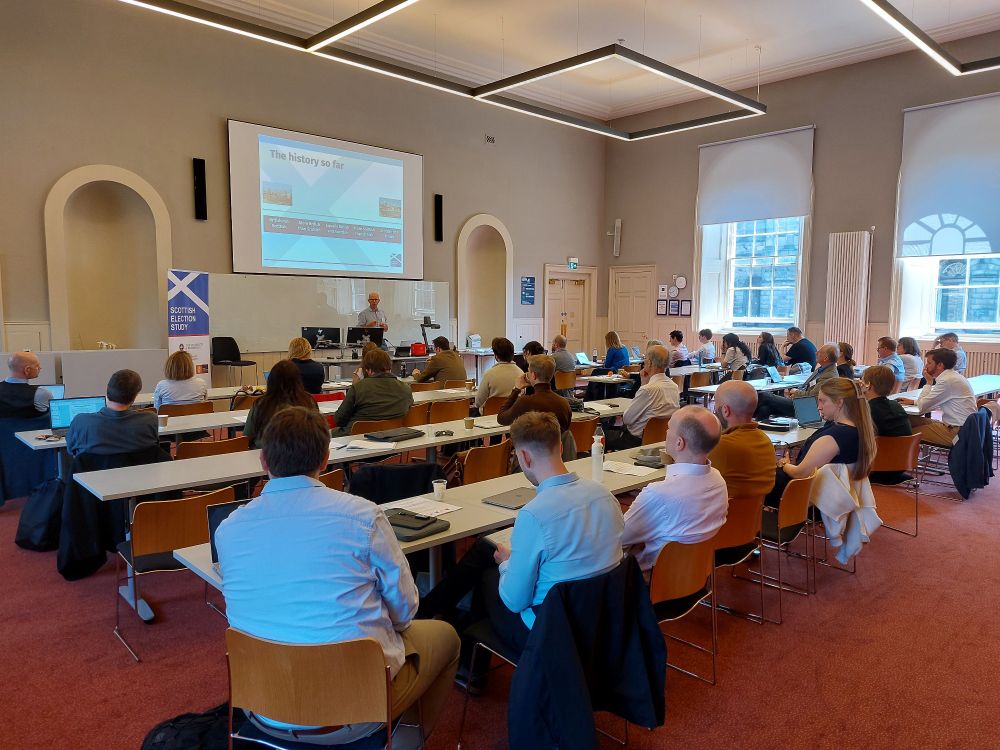
Reform UK’s shock wins in England are making waves across the UK. But could Scotland be next? I explore past trends and what Reform’s rise might mean for the polarisation of Scottish politics.
Link: edin.ac/44kvOrj

Reform UK’s shock wins in England are making waves across the UK. But could Scotland be next? I explore past trends and what Reform’s rise might mean for the polarisation of Scottish politics.
Link: edin.ac/44kvOrj








@uoe-sps.bsky.social @edinburghpir.bsky.social



@uoe-sps.bsky.social @edinburghpir.bsky.social













